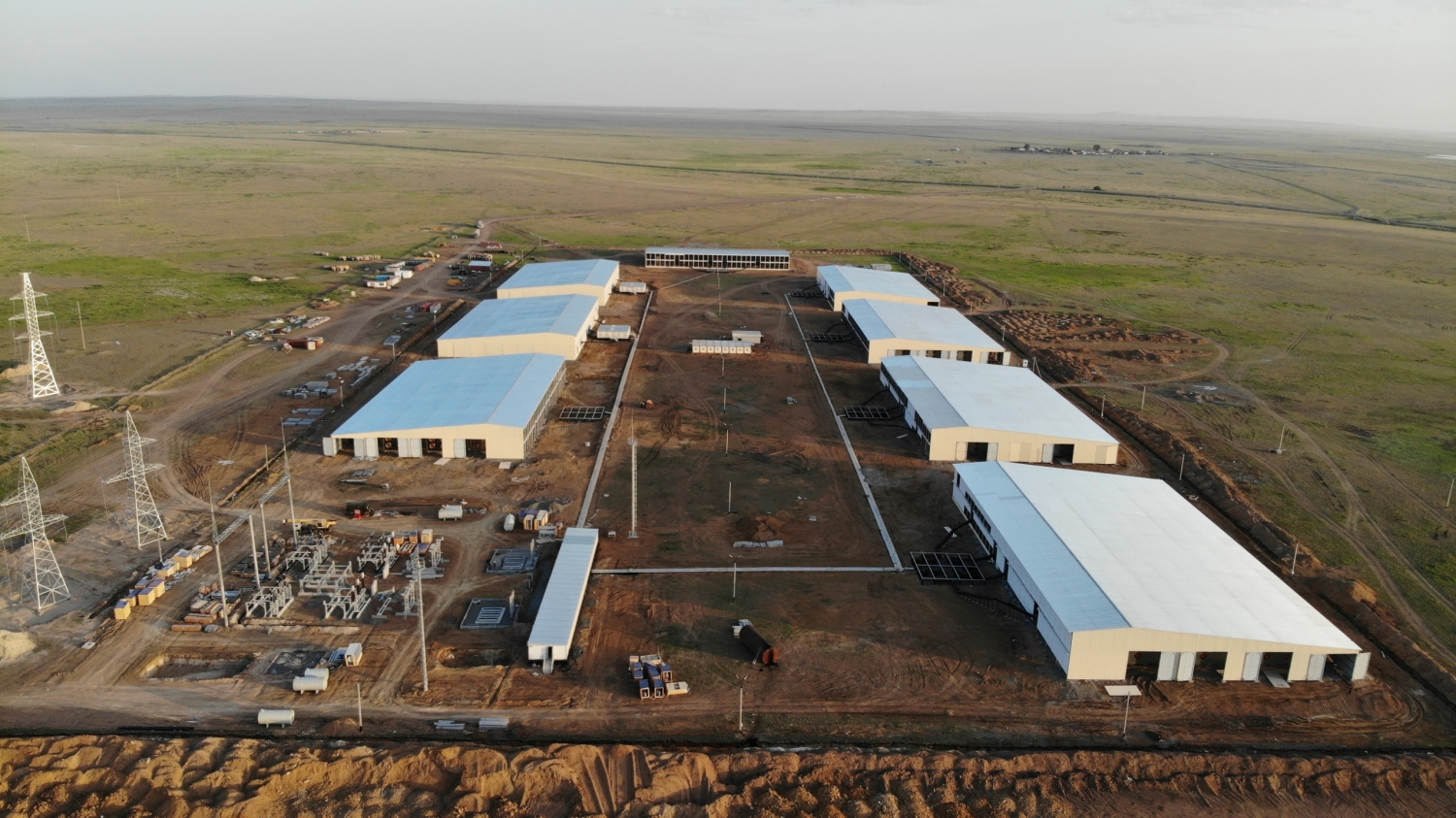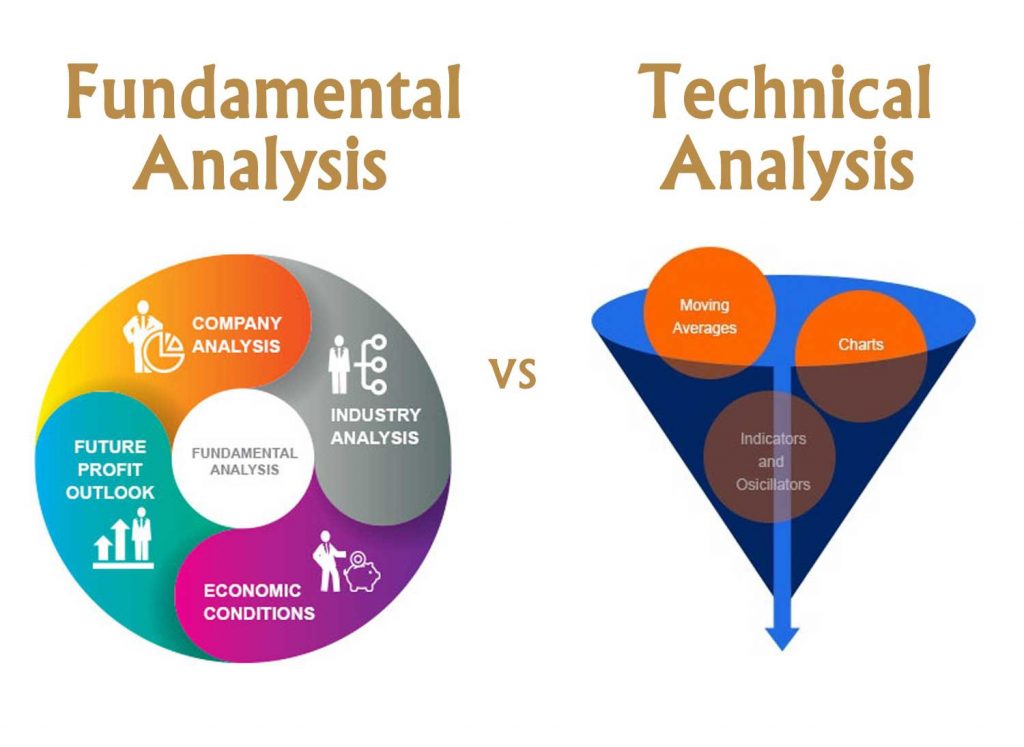
The Dark Side of Crypto Mining: Arkansas’ Bitcoin Boom Turns Sour
As I drove 45 miles north of Little Rock, Arkansas, I stumbled upon a facility packed with thousands of computers humming away, trying to “mine” the next bitcoin. The popular cryptocurrency’s value had recently shot past $60,000 per bitcoin, making mining a lucrative operation. Several crypto mining outfits had moved to the state since the passage of the Arkansas Data Centers Act, also known as the “right-to-mine” bill. But it turns out, residents aren’t too thrilled about these operations.
Computers packed in a facility, working to mine the next bitcoin
The biggest concern I heard in Arkansas was the noise. It’s difficult to understand just how noisy these mines are. Typically, they’re essentially shipping crates filled with thousands of computers, and each of these computers has a fan. And the fans whir, and thousands of these fans working together can create a very loud noise akin to an idling airplane. And so that’s the primary concern that many of the people in Arkansas have. They live in primarily rural communities, and they moved to those communities intentionally for the peace and to be away from bustling cities. So to have these mines come in and essentially ruin the atmosphere is incredibly disruptive not only to the people living there but to wildlife as well.
“It’s difficult to understand probably just how noisy these mines are… thousands of these fans working together can create a very loud noise akin to an idling airplane.” - Gabriel Dance, senior deputy investigations editor at The New York Times
But it’s not just the noise. There are concerns about rising energy prices, using lots of water to cool the machines, and associated pollution. One other thing that they’re concerned about is just exactly who owns all of these mines, because they seem to be connected to a web of shell companies, some of which have ties to the Chinese government.
 A rural landscape, disrupted by the noise of crypto mining
A rural landscape, disrupted by the noise of crypto mining
Arkansas recently changed course and restored to municipalities the ability to regulate crypto miners. It’s a step in the right direction, but the question remains: is the cost of bitcoin mining worth the disruption to rural communities?
 The value of bitcoin has been on the rise, making mining a lucrative operation
The value of bitcoin has been on the rise, making mining a lucrative operation
As I reflect on my journey to Arkansas, I’m left wondering if the allure of bitcoin is worth the noise, the pollution, and the disruption to rural life. The answer, for now, remains unclear.
Crypto mining equipment, a symbol of the lucrative operation














